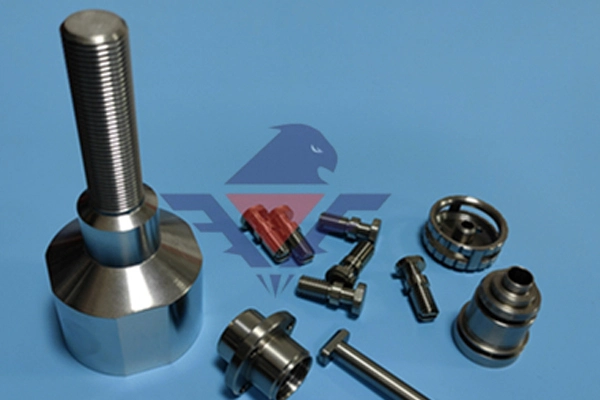
Keyword: Swiss Machining
# Precision Swiss Machining for Complex Components
## The Art of Swiss Machining in Modern Manufacturing
Swiss Machining has revolutionized the way manufacturers produce small, complex components with tight tolerances. This specialized form of CNC machining originated in Switzerland’s watchmaking industry and has since become indispensable across various sectors, from medical devices to aerospace applications.
## What Makes Swiss Machining Unique?
Unlike conventional CNC machining, Swiss Machining utilizes a sliding headstock and guide bushing to provide exceptional stability during the cutting process. This innovative approach allows for:
– Unparalleled precision for small-diameter parts
– Ability to machine complex geometries in a single setup
– Reduced vibration and improved surface finishes
– Higher production rates for long, slender components
## Key Advantages of Swiss Machining Technology
### 1. Exceptional Precision and Repeatability
Swiss machines can maintain tolerances as tight as ±0.0002 inches (0.005 mm), making them ideal for critical components where precision is paramount.
### 2. Multi-Axis Capabilities
Modern Swiss Machining centers often incorporate live tooling and secondary spindles, enabling complete machining of complex parts in a single operation.
### 3. Material Versatility
These machines can effectively process a wide range of materials, including:
– Stainless steels
– Titanium alloys
– Plastics
– Exotic metals
– Precious metals
## Applications Across Industries
Swiss Machining has found applications in numerous industries where precision and reliability are critical:
### Medical Device Manufacturing
From surgical instruments to implantable components, Swiss Machining produces the intricate parts that modern medicine requires.
### Aerospace Components
The aerospace industry relies on Swiss Machining for fuel system components, fasteners, and other critical flight hardware.
### Electronics and Connectors
Miniature connectors and electronic components benefit from the precision and efficiency of Swiss Machining processes.
## Choosing the Right Swiss Machining Partner
When selecting a Swiss Machining provider, consider these factors:
– Experience with your specific industry requirements
– Quality certifications and process controls
– Equipment capabilities and technological advancements
– Capacity for both prototyping and production runs
– Material expertise and finishing options
The right partner can help optimize your designs for Swiss Machining efficiency while maintaining the highest quality standards.
## Future Trends in Swiss Machining
As technology advances, Swiss Machining continues to evolve with:
– Increased automation and robotics integration
– Smart machine monitoring and predictive maintenance
– Advanced tooling materials and coatings
– Hybrid manufacturing approaches
– Enhanced software for programming complex geometries
These developments ensure that Swiss Machining remains at the forefront of precision manufacturing for years to come.